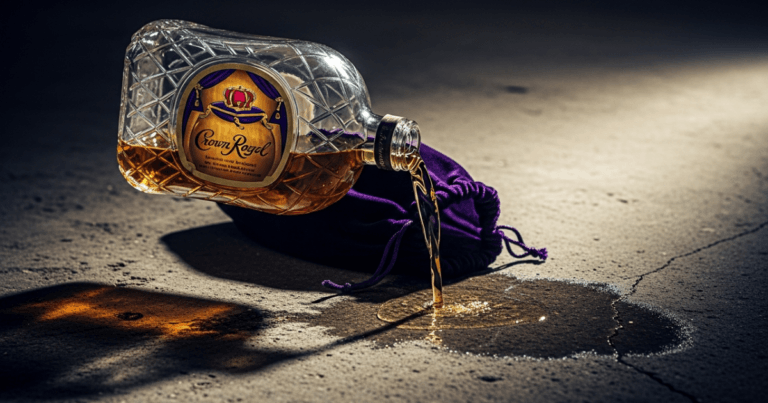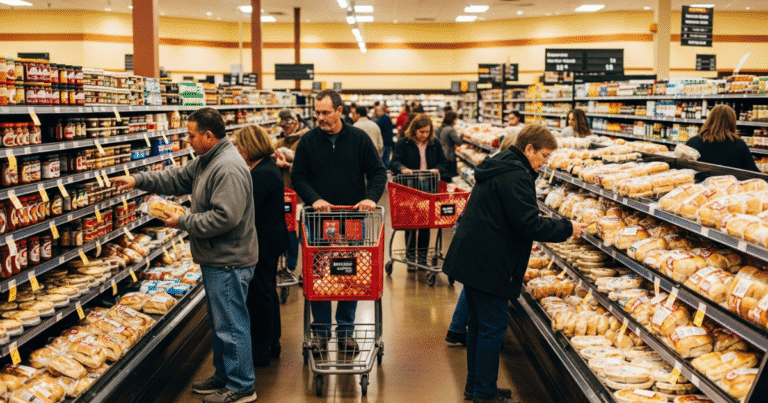Keurig Lawsuit Settlement: Canadians Could Get Up to $50 in Cash .. Here’s What You Need to Know

If you’ve ever brewed your morning coffee with a Keurig machine, you might be entitled to money back. Yes, you read that right — the Keurig lawsuit settlement in Canada could mean cash payments of up to $50 for consumers who purchased Keurig K-Cup pods or brewers.
This surprising news follows years of controversy over whether Keurig’s single-serve pods are truly recyclable — and whether the company’s advertising misled consumers about their environmental impact.
Table of Contents
What Sparked the Keurig Lawsuit?
The story began when the Competition Bureau of Canada accused Keurig Canada of making false or misleading environmental claims. The company’s packaging and ads suggested that K-Cup pods were recyclable across Canada, but in reality, only a few provinces — mainly British Columbia and Quebec — had municipal programs capable of recycling them.
This meant millions of Canadians unknowingly threw non-recyclable plastic pods into their blue bins, believing they were making an eco-friendly choice.
Back in January 2022, the Competition Bureau fined Keurig $3 million and required the company to donate $800,000 to a Canadian environmental charity. But now, with this new class-action settlement, individual consumers finally have a chance to get compensated directly.
How Much Money Can You Claim?
If the court approves the settlement, eligible Canadians will be able to file a claim online. The exact amount you’ll receive depends on how much proof you can provide and what you purchased.
Here’s the breakdown:
- Without proof of purchase: You can receive up to $7 per claim.
- With proof of purchase: You can claim $0.50 for every 10 K-Cup pods, rounded up to the nearest 10-pod increment, up to $50 total.
- If you also bought a Keurig brewer: You could receive an additional $25, provided you show proof of purchase.
That means a regular Keurig user could be eligible for a total payout of up to $75 if all conditions are met.
Why the Keurig Lawsuit Settlement Matters
This settlement isn’t just about a few dollars — it’s about corporate transparency and environmental accountability.
For years, greenwashing — when companies exaggerate how environmentally friendly their products are — has been a major concern. The Keurig lawsuit settlement sends a clear message to big brands: Canadian consumers expect honesty, especially when it comes to sustainability.
According to the Competition Bureau, making false “eco-friendly” claims harms not just consumers but also the businesses that genuinely invest in environmentally responsible products. As Commissioner of Competition Matthew Boswell said, misleading environmental marketing is “an illegal practice in Canada.”
How to Submit a Claim
Once the Ontario Superior Court approves the settlement — a hearing is scheduled for December 8, 2025 — an official website will open for consumers to file their claims.
You won’t need a lawyer or complicated paperwork. The process will likely involve:
- Visiting the official claim website.
- Filling out your name, contact info, and purchase details.
- Uploading proof of purchase if available.
- Submitting your claim before the deadline.
Even if you don’t have receipts, it’s worth filing a claim — after all, free coffee money is always welcome!
What Happens Next for Keurig
As part of the settlement, Keurig Canada has agreed to change its packaging and advertising. Future labels will include clear recycling instructions, and customers will be reminded that K-Cup pods are only recyclable in select locations.
This shift could push other coffee brands to improve their environmental messaging — and hopefully make single-serve coffee less wasteful overall.
Keurig also says it remains committed to making its pods fully recyclable nationwide, but until that happens, consumers are encouraged to check their local recycling programs before tossing pods in the bin.
For more tips on holiday meals and kitchen savings, check out our guide on Aldi Thanksgiving Meal
Final Thoughts
The Keurig lawsuit settlement is a win for both consumers and the planet. It’s a reminder that every claim a company makes — especially those tied to sustainability — must be accurate and transparent.
So if you’ve bought K-Cup pods or a Keurig machine since June 2016, keep an eye out for the official settlement website in the coming months. Claiming your share could earn you up to $50 (or more) — and send a message that greenwashing won’t go unchallenged in Canada.
Until then, maybe it’s time to rethink your morning coffee routine — and brew a cup that’s as good for the planet as it is for you.
Frequently Asked Questions (FAQ) – Keurig Lawsuit Settlement
What is the lawsuit against Keurig?
The lawsuit claims that Keurig Canada misled consumers by advertising K-Cup pods as recyclable in all municipalities, while in reality, they are only widely recyclable in select provinces like British Columbia and Quebec. The Keurig lawsuit settlement compensates affected customers.
How do I claim my Keurig K-Cup settlement?
Once the settlement is approved by the Ontario Superior Court, an official website will open where eligible Canadians can submit their claims online. You’ll need to provide your details and, if possible, proof of purchase to maximize your payout.
How much will I get from the settlement?
Without proof of purchase: up to CAD $7 per claim
With proof of purchase: CAD $0.50 for every 10 K-Cups, up to CAD $50
If you also bought a Keurig brewer, you could claim an additional CAD $25.
Can I still join the class action lawsuit?
Yes, eligible Canadians who purchased Keurig products from June 8, 2016, onwards can submit a claim once the settlement is officially approved. Don’t wait — there will be a deadline to submit claims.
How unhealthy is Keurig coffee?
Keurig coffee itself isn’t considered unhealthy, but like all coffee, consuming it in excess may lead to high caffeine intake, increased heart rate, or insomnia. The lawsuit is about recycling and misleading environmental claims, not the health effects of the coffee.







Leave a Reply